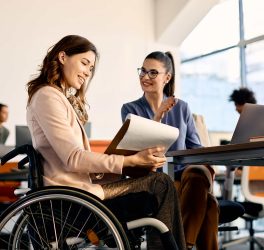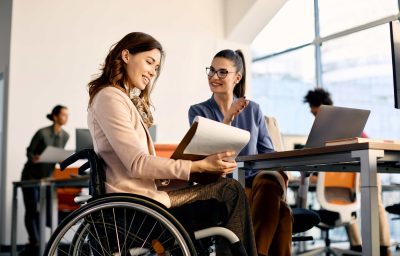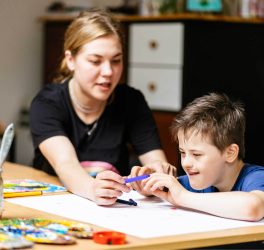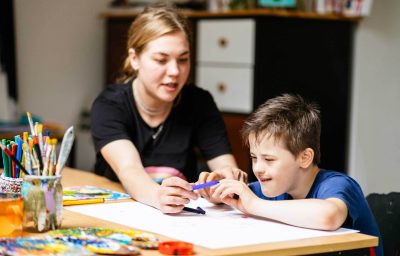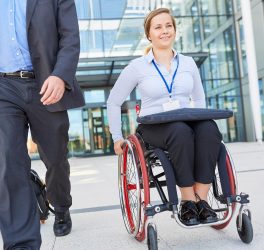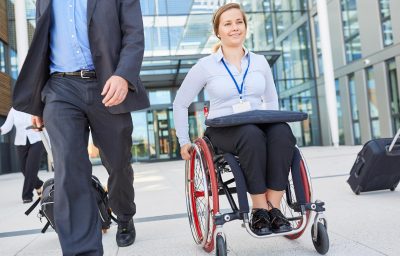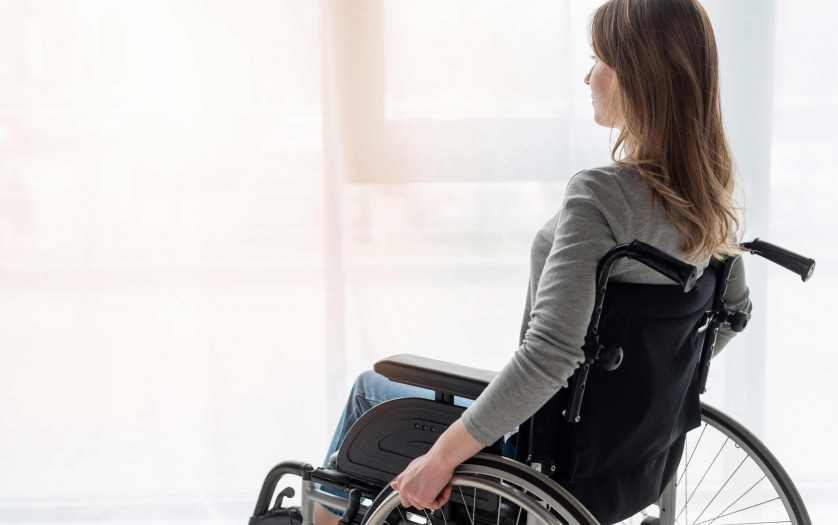
The Cermi Mujeres Foundation (FCM) in Spain, warned last Wednesday of the “serious impact” of the COVID-19 pandemic on the right to employment of women with disabilities, who, as the organization explained, already faced higher rates of inactivity and precariousness than the rest of citizenship.
“During the ninth webinar of the cycle ‘You are not alone’, an initiative with which the FCM analyzes every Wednesday in a telematic way a specific matter related to the coronavirus pandemic, and that promotes the accompaniment and participation of women with disabilities, mothers, and caregivers.” said Ana Peláez, Executive Vice President of the FCM.
On this occasion, the meeting brought more than 150 registered from Spain, Latin America, and different European countries.
The telematic meeting was attended by experts such as Virginia Carcedo, general secretary of FSC Inserta, who commented that two of the ONCE Foundation’s priorities are employment and universal accessibility, “incorporating women with disabilities as one of the priority groups “Carcedo warned that “teleworking has come to stay”, for which she affirmed that they would focus on favoring to a greater extent the labor inclusion of women with disabilities in this way, although she expressed her concern about the existing “digital divide”. “The talent of disability has to be used and cannot be wasted,” he said.
Miriam Arnaiz, a technician of the State Representative Platform for People with Physical Disabilities (Predif), stressed the importance of personal assistance, not only as support so that women with disabilities “can develop their independent living project”, but it is also “A job opportunity for women with disabilities.” For this reason, she said that from this organization, they work promoting the empowerment and training of women with disabilities.
Elena Antelo, managing director of the Spanish Confederation of People with Physical and Organic Disabilities (Cocemfe), highlighted the work about studies and scientific knowledge regarding women with disabilities carried out by her entity and the projects of direct intervention.
“Many women come into contact with our associative movement through labor intermediation services, which sometimes allows detecting cases of gender violence,” she added.
From Latin America, Alma Evelia Rodríguez, a teacher at the State Center for Typhlology in Veracruz (Mexico), explained the keys to her work during the pandemic so that “women with disabilities who need to acquire skills in the use of new technologies for their life plan” are not left behind.

